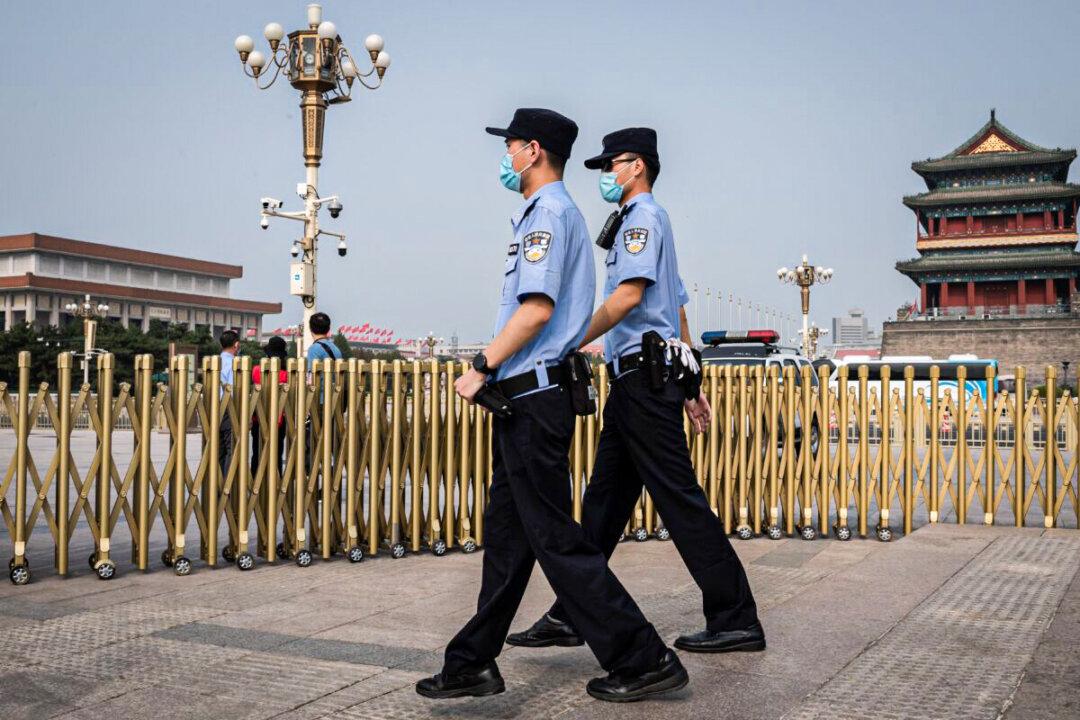Commentary
An overestimation of the technical abilities of the Chinese police leads local activists to give up protecting themselves, including their electronic devices—putting themselves at even greater risks.

An overestimation of the technical abilities of the Chinese police leads local activists to give up protecting themselves, including their electronic devices—putting themselves at even greater risks.